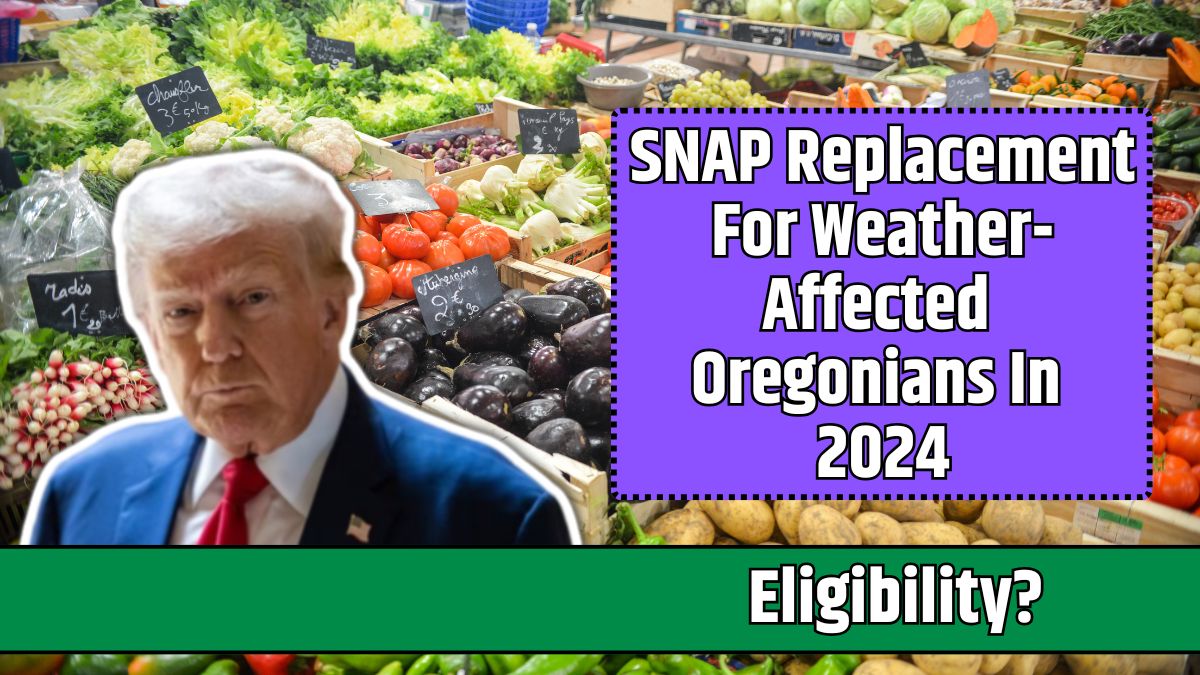South Africa is grappling with one of its toughest socio-economic challenges—poverty and unemployment. With around 40% unemployment among the working-age population and 55% living in poverty, the situation demands urgent solutions.
Among the most vulnerable are children, whose development and well-being are directly affected by inadequate financial support.
The South African Social Security Agency (SASSA) administers the Child Support Grant (CSG), designed to help families meet basic needs.
While this program benefits over 13.2 million children, the current grant amount of R530 per month falls short of the R760 food poverty line, leaving many families in a constant struggle to provide even the basics. It’s clear—a meaningful increase is needed, now more than ever.
Current Reality of the Grant
At R530 per month, the child support grant provides a lifeline but falls about 30% short of covering even the minimum food costs for a child. This disparity leaves families like Sarah Hlongwane’s—supporting 12 people—barely managing to cover necessities like food, transport, and shelter.
For families reliant on this grant, the situation highlights a grim reality: surviving on less than the basic nutritional needs has long-term repercussions. From poor health to stunted growth, children in these households often face lifelong consequences.
Comparison of Costs and Grant Amount
| Item | Cost per Month (R) | Grant Contribution (R) |
|---|---|---|
| Food (basic nutrition) | 760 | 530 |
| School Transport | 250 | Not covered |
| Housing (shared) | 800 | Not covered |
Data reflects approximate monthly expenses of low-income households.
Proposed Solutions
To address this crisis, experts and policymakers have suggested various measures. Here’s what could make a real difference:
Expand VAT Exemptions
One proposal is to increase the list of VAT-exempt goods, focusing on essential food items. By removing taxes on staples, families would gain indirect financial relief. This measure could stretch low-income budgets and ensure better nutrition for children.
Cap Essential Prices
High costs for essentials like electricity and fuel strain families further. Analysts advocate for capping administered prices, which would stabilize living costs and prevent sudden spikes that push households deeper into poverty.
Increase the Child Grant
The most urgent step is to raise the child support grant to at least R760, aligning it with the food poverty line. This adjustment could ensure that children receive adequate nutrition and help families cover basic needs. Economic justice groups emphasize that this increase is not just a handout—it’s an investment in the health, development, and future productivity of the country’s children.
Address Health and Nutrition
Malnutrition affects approximately 30% of boys and 25% of girls under five in South Africa. Boosting the child grant would help reduce stunting—a condition with lifelong impacts on cognitive and physical development. Supporting health and education initiatives alongside financial aid can empower children to achieve better outcomes academically and socially.
Long-Term Economic Effects
The cost of inaction is steep. Malnourished children are more likely to face health issues, perform poorly in school, and struggle to find employment as adults. Investing in children now—through higher grants and poverty alleviation measures—can help break this cycle and build a stronger, healthier workforce for the future.
Why Now?
The economic strain on families is worsening amid rising costs and stagnating incomes. Increasing the child support grant is no longer just a policy consideration; it’s a necessity to prevent further deterioration of living standards and safeguard the next generation.
Taking bold steps to manage living costs and enhance social support is crucial for South Africa to emerge from its economic challenges. The child support grant is not just financial assistance; it’s a lifeline that deserves immediate strengthening to ensure every child has a fair chance to thrive.













